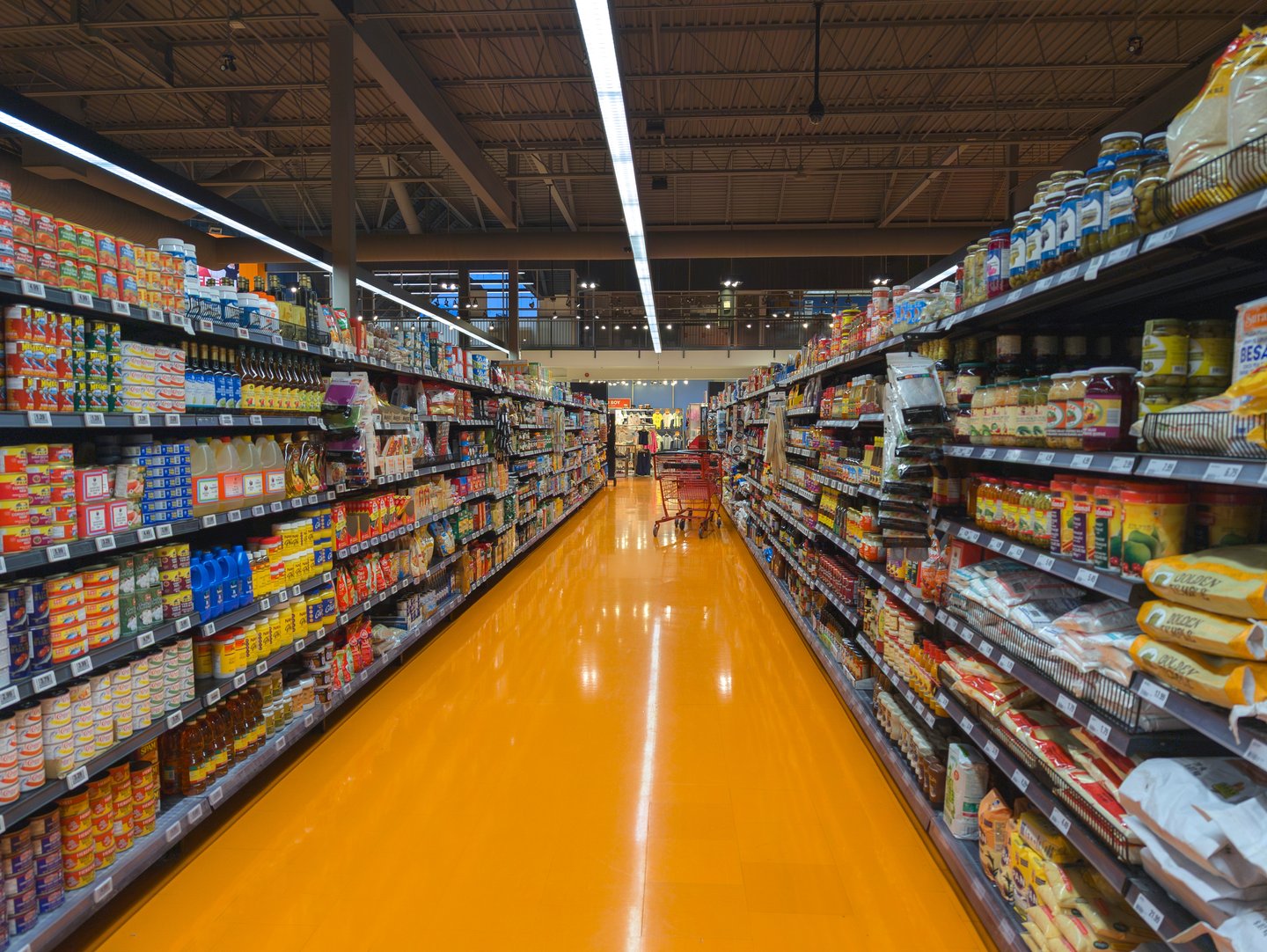Loblaw says Canadians will soon see impacts of counter-tariffs at grocery stores
Canadians could soon see the effects of counter-tariffs on grocery prices, Loblaw Companies Ltd. has warned.
The grocer’s monthly internal food inflation report notes the impacts of the tariffs were minimal in March.
But as retailers sell off their existing inventories, higher prices will begin appearing on shelves.
“Tariffs continue to impact inflation, challenging key sectors and lowering consumer confidence,” the report said, adding, “While currently on pause, the tariffs the U.S. has threatened to impose on dozens of countries could indirectly impact food prices here in Canada.”
Loblaw pointed to coffee as one example.
“Many U.S. coffee producers import their beans from Vietnam (the second largest producer after Brazil), which could attract a 46% tariff. After roasting and packaging in the U.S., that finished product is sent to Canada, where an additional 25% tariff exists upon entry. As a result, every $1 spent on coffee previously could conceptually cost as much as $1.82 after tariffs,” the report explained.
Loblaw said in March that it would identify products in its stores affected by the U.S.-Canada trade war with a "T" symbol.
Other commodities like meat and nuts remain volatile. Pork prices have been rising with demand, and chicken remains high following supply challenges. The beef herd is the smallest since the 1970s due to drought conditions and rising feed prices, the report states.
Nut prices are rising due to a combination of factors, including increased global demand, changes in consumer preferences, and the impact of poor weather in major nut-producing regions, Loblaw said.
The grocer also noted that while Canadian egg prices have been more stable compared to the U.S., the country is a net importer of liquid eggs from America—and that cost has increased substantially.
“Aside from liquid eggs in the egg aisle, the biggest impact will be seen in baked goods, like muffins, cakes and cookies,” the report said.
Addressing consumer confusion about “Made in Canada” claims, Loblaw provided the example of a granola bar.
“While manufactured here in Canada, often the chocolate chips and peanuts are imported from the U.S. Both of those ingredients are currently subject to a 25% tariff, partially impacting the price of the final product.”




